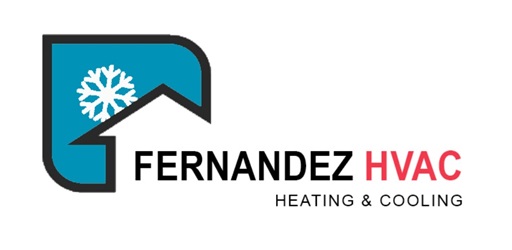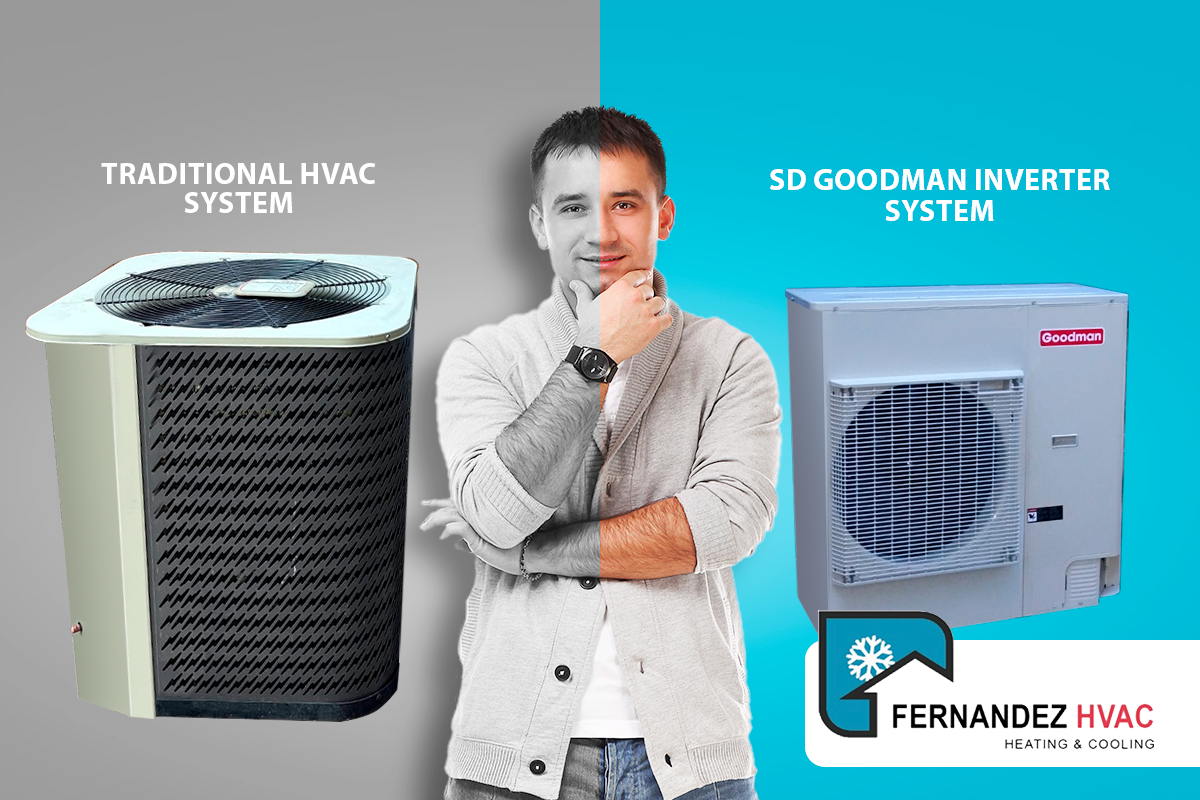Why Upgrading Your HVAC System Is Essential: A Smart Investment for Comfort and Efficienc
Your HVAC system is the heartbeat of your home’s comfort. However, an outdated or inefficient unit can lead to skyrocketing energy bills, inconsistent temperatures, and frequent breakdowns. If your system is over a decade old, upgrading to a modern solution isn’t just a luxury—it’s a necessity. In this article, we’ll explore why replacing your HVAC system is crucial and compare traditional and inverter systems to help you make the most informed decision.
The Hidden Costs of an Outdated HVAC System
- Excessive Energy Consumption: Older units operate inefficiently, leading to inflated utility costs.
- Frequent Malfunctions: Aging components require frequent repairs, draining your time and money.
- Inconsistent Comfort: Uneven heating or cooling can create frustrating hot and cold spots throughout your home.
- Environmental Concerns: Older systems rely on outdated refrigerants that may be harmful to the environment.
Traditional HVAC Systems: The Standard Approach
Traditional HVAC systems function on a simple on/off mechanism. When the thermostat detects a need for heating or cooling, the unit activates at full power until the desired temperature is reached, then shuts off entirely. This cycle repeats throughout the day, leading to inefficiencies.
Advantages:
- Lower upfront cost
- Straightforward maintenance and repairs
- Reliable, time-tested technology
Disadvantages:
- Higher energy consumption due to constant cycling
- Temperature fluctuations causing discomfort
- More wear and tear, leading to a shorter lifespan
Inverter HVAC Systems: The Future of Climate Control
Inverter HVAC systems utilize advanced variable-speed technology, allowing the compressor to adjust in real-time based on the required cooling or heating load. Instead of turning on and off repeatedly, an inverter system runs continuously at optimal speed, maximizing efficiency and comfort.
Advantages:
- Superior Energy Efficiency: Uses less electricity by dynamically adjusting output
- Consistent Indoor Comfort: Maintains stable temperatures without dramatic shifts
- Extended Equipment Lifespan: Reduced strain on components results in greater durability
- Whisper-Quiet Operation: Eliminates the loud startup noises associated with traditional systems
Disadvantages:
- Higher initial investment
- Requires specialized maintenance due to advanced technology
Should You Upgrade?
If you’re looking for a cost-effective, long-term solution that enhances home comfort while reducing energy consumption, upgrading to an inverter HVAC system is a game-changer. While traditional systems offer a lower upfront cost, inverter technology provides superior efficiency, durability, and comfort making it a worthwhile investment for homeowners who prioritize smart energy use and modern convenience. Evaluate your needs, budget, and long-term goals to choose the best HVAC solution for your home.






Recent Posts